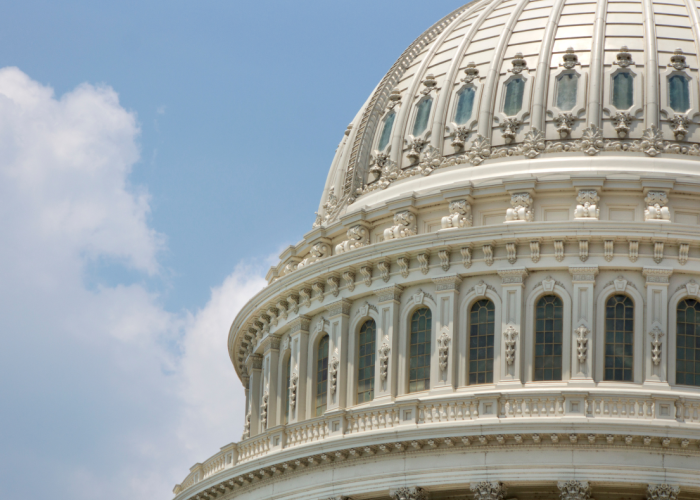*MEDIA STATEMENT*
The U.S. Department of Agriculture’s action to terminate the rulemaking process to establish a national research and promotion program for organic (aka “Organic Check-off”) reflects a pattern of holding back forward progress on organic by USDA. The $50 billion organic sector offers opportunities for U.S. organic farmers and businesses. It makes no sense that the agency is continuing to take steps to cut it off at the knees.
We encourage USDA to lean closer to the consumer and support choice, transparency, and opportunity.
“If there was ever a need for an organic check-off, it is now. We are seeing organic dairy and egg sales flattening because of USDA’s failure to move the animal welfare rule forward. Organic research funding is uncertain because it is tied to the unpredictable fate of the Farm Bill. The government also has interfered with the strong role of the National Organic Standards Board. These actions hurt U.S. organic farmers and businesses,” said Laura Batcha, CEO/Executive Director of the Organic Trade Association.
Moreover, Batcha pointed out, “This announcement comes within days of a smiley face GMO disclosure logo, which is bound to cause confusion for consumers and reveals that USDA is not being even-handed. There is no question we need promotion for organic as consumers continue to demand food transparency.”
USDA’s assertion that there is “uncertain industry support for and outstanding substantive issues with the proposed program” is simply wrong. The Organic Trade Association is certain about the quality of the proposal and the outcome of the initial public comment period. We submitted comments with 1,358 public endorsers named, including over 1,230 certified organic operators. These organic farmers, ranchers and business stakeholders were joined by over 11,000 supporters who commented directly on the proposal.
The Organic Check-off proposal was crafted over five years, incorporating the input from organic stakeholders throughout the country. The proposal also included constructive ideas brought forward during the opportunity to submit partial proposals. It did not include ideas not allowed under USDA’s regulations governing check-offs, or ideas that reflected a misunderstanding of this unique proposal. The proposal was comprehensive, thoroughly vetted, and strong.
We were gratified to see the Organic Research and Promotion Order on the Trump Administration’s Unified Agenda this past summer and took it as a positive sign that the Administration sees value in the organic industry investing in itself. What changed?
We expected to see the process progress with the publication of a final proposal from USDA, followed by a vote on the proposed program by the organic sector. It is unfathomable that organic stakeholders will not be given the chance to cast their vote, and to decide for themselves if they want to implement an organic check-off. USDA unilaterally making the decision on behalf of the 26,000+ certified organic growers, ranchers, processors, handlers, and business owners to not advance the process is stunning.
Over 20 agricultural products have similar research and promotion orders, which allow pooling of private sector dollars to supply industry wide research and consumer education programs. There is broad agreement in the diverse organic sector on the need for more research, more technical assistance, and more education on organic. The proposed check-off is a viable path forward to fill this need, and would enable the organic industry to have the same opportunity as other industry groups.
The Organic Trade Association will fully assess opportunities through the private sector to advance innovative solutions that will have important and long-lasting benefits for organic farmers, businesses and consumers alike, as we face the reality, once again, that government is not willing to keep pace.










